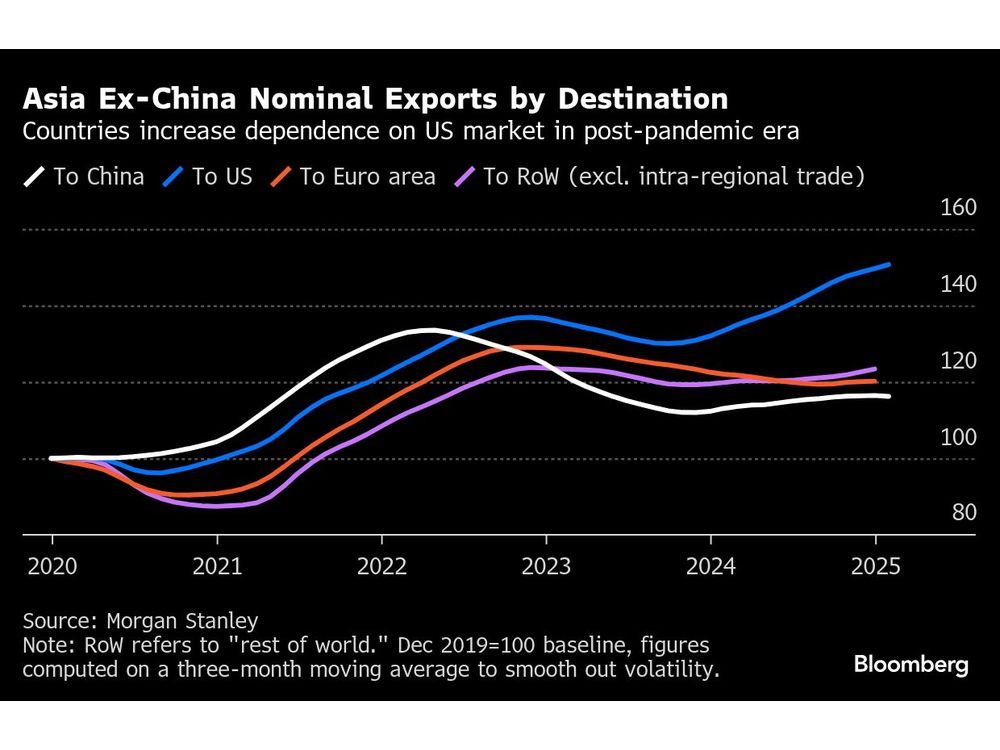A mean reversion trading strategy is based on the concept that asset prices will revert to their historical average or mean over time. This strategy identifies securities that have deviated significantly from their historical averages, with the expectation that they will eventually return to those levels. The goal is to buy low (when prices are below the mean) and sell high (when prices are above the mean), capitalizing on price corrections. This approach relies on the assumption that deviations from the norm are temporary, thus offering profitable opportunities for traders who can accurately identify and time these reversals.
Reference [1] studies the mean reversion strategy across developed markets. It shows that the mean-reversion strategy is not profitable in all markets. However, when we apply filters for stock characteristics, the strategy becomes profitable. The authors pointed out,
This study documents in detail the reversal strategy and its link with firms’ characteristics and market volatility for the five developed markets of Canada, France, Germany, Japan, and the United Kingdom. We conducted the analysis using portfolio analysis and FM cross-sectional regression. Using portfolio analysis, we found that the reversal effect was mostly present for smaller, higher book-to-market ratio, and higher volatility stocks. Nevertheless, we found the strongest effect for stocks with higher book-to-market ratios across all developed markets. We also discovered that reversal returns were mostly positive when market volatility was higher. Further, the reversal returns, once present, cannot be explained by the usual asset pricing models such as the CAPM, FF-3 and CF-4…
One reason for the higher reversal in smaller, high book-to-market, high volatility stocks is the lack of liquidity in these stocks, which gives rise to the reversal phenomenon. Lehmann (1990) and Nagel (2012) expounded that reversal returns proxy for the cost of liquidity provision. Therefore, we expect that when funding constraints are higher, reversal returns are also higher.
This article demonstrates that when applying filters, the mean-reversion strategy is profitable within a certain category of stocks across developed capital markets.
We used to think that choosing the stocks that work best for a certain trading strategy would suffer from survivorship bias. But as discussed in this article, if we use filter rules that have fundamental justification, is there still survivorship risk?
Let us know what you think in the comments below or in the discussion forum.
References
[1] Hilal Anwar Butt and Mohsin Sadaqat, When Is Reversal Strong? Evidence From Developed Markets, The Journal of Portfolio Management, June 2024
Further questions
What's your question? Ask it in the discussion forum
Have an answer to the questions below? Post it here or in the forum




